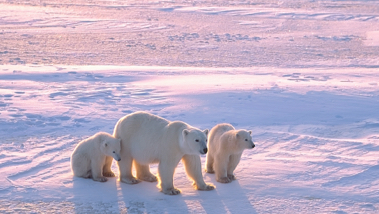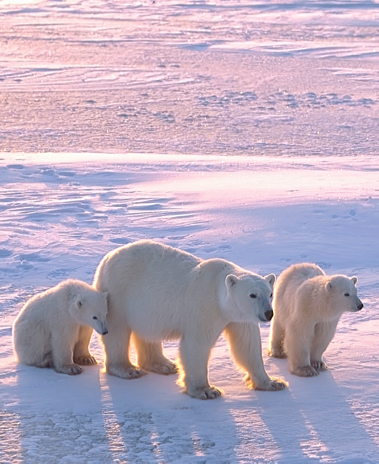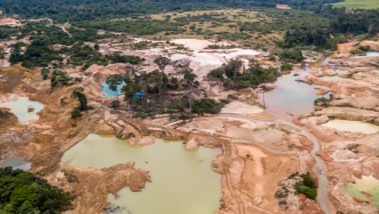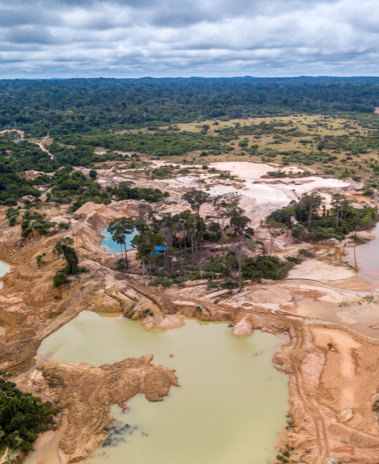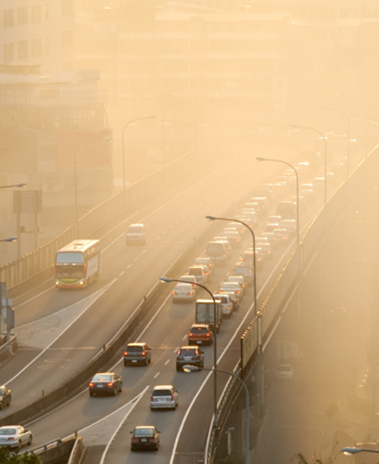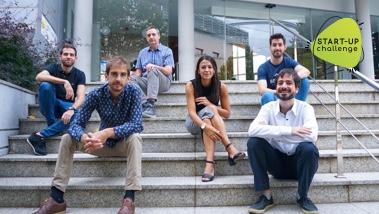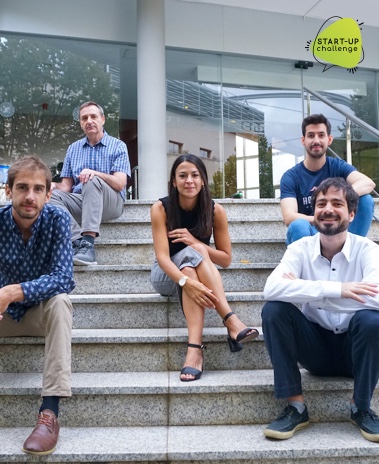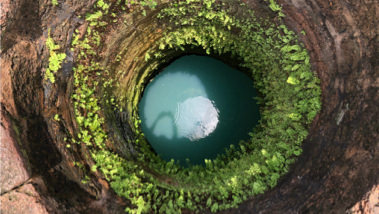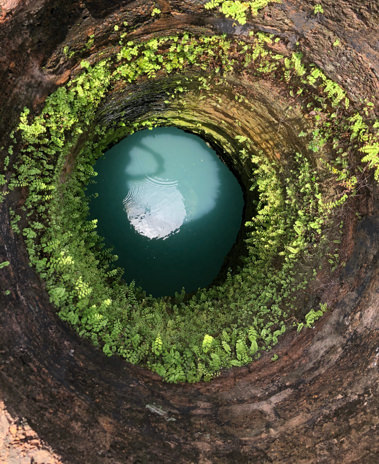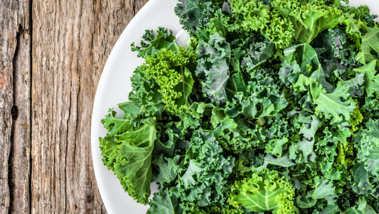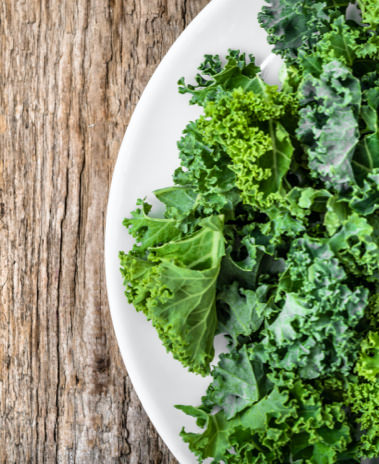#nature
The respect for the environment, flora and fauna or the defense of the nature are essential in fighting climate change. Iberdrola group promotes the biodiversity in ecosystems by supporting the cultural heritage development, apart from encouraging cultural and social awareness in this regard.
-
When we talk about endemism, we refer to a species whose geographical range is limited. Endemic animals and plants, whose vulnerability is enormous due to smaller populations, are key to their ecosystems and become a thermometer when it comes to measuring the state of health of a territory. For that reason, their protection from extinction threats is critical.
Considered the lungs of the world, the Amazon rainforest has lost an area of forest larger than the size of France since 1970, according to Greenpeace. Behind this massive disappearance of tropical forest is deforestation, largely caused by man's hand. Here are the worrying facts, the consequences for the planet and mankind, and what solutions are being considered.
-
Why is it warmer in a large town or city than in a village located only a few miles outside it? The answer lies in what are known as heat islands. This thermal phenomenon, which raises the temperature in urban areas —especially at night—, can be attributed to several factors: elements that give off heat, such as HVAC systems, or the construction materials used, including asphalt. In addition, they exacerbate climate change and negatively affect health.
The company which has won the Iberdrola birdlife protection Challenge, Energiot, uses the Internet of Things (IoT) to monitor public service networks so they do not need to be maintained. Their solution to the problem was to create an autonomous predator simulator that would scare the birds away, allowing them to avoid collisions. Find out more about them.
-
Groundwater is the natural water stored beneath the Earth's surface and it is essential because it supplies a third of the world's population. As with other of our planet's elements, it also finds itself under threat from contamination. In fact, a recent study undertaken at the Albert-Ludwigs University in Freiburg (Germany) warns this threat could be greater than at first thought.
According to the United Nations, there will be 9.7 billion people on Earth by 2050. It is estimated that food production will have to increase by 70 % to be able to feed everyone. The food industry is already finding ways to address the challenge and new foods, which can be anything from insects - backed by the Food and Agriculture Organization (FAO) - to microalgae and even artificial meat, will gradually find their way onto our supermarket shelves.






